Add-on courses are short-term training programs that are designed to supplement the core curriculum of a degree program. These courses are usually offered as certificate or diploma courses, and they provide students with additional skills and knowledge that are relevant to their field of study.
Add-on Courses and the New Curriculum Framework
The hallmark of the new curriculum framework is the flexibility for the students to choose courses across various branches of undergraduate programmes.
All courses under the Multi-disciplinary, Ability Enhancement (language), and Skill Enhancement categories may be of 3-credits or as appropriate; Common Value-Added Courses: Courses under Value Added, Summer Internship/ Apprenticeship/ Community Outreach Activities, etc., for all majors, may be of 2-credits or as appropriate.
What are the benefits of Add-on Courses?
Here are some ways in which add-on courses can benefit your institution:
- Enhanced skills and knowledge: Add-on courses help students acquire skills and knowledge that are not covered in their core curriculum. These additional skills and knowledge can make graduates more attractive to employers who are looking for candidates with specialized expertise.
- Industry-relevant training: Add-on courses are often designed in collaboration with industry experts, which ensures that students receive industry-relevant training. This type of training can give graduates an edge in the job market, as employers often look for candidates who have practical experience in their field of study.
- Improved job readiness: Add-on courses can help students develop important employability skills such as teamwork, communication, and problem-solving. These skills are highly valued by employers, and graduates who have these skills are more likely to be successful in their careers.
- Increased networking opportunities: Add-on courses can provide students with opportunities to interact with industry experts and professionals, which can help them build their professional network. This can be beneficial when graduates are looking for employment, as they can tap into their network to identify job openings and obtain referrals.
- Higher earning potential: Graduates who have completed add-on courses may be able to command higher salaries than their peers who have not completed additional training. This is because employers recognize the value of specialized expertise and are willing to pay a premium for it.
- Enhanced Perception: Add on course can improve perception of you institution’s brand because of improved student satisfaction by providing students with opportunities to develop additional skills and knowledge that are relevant to their career goals. This can lead to increased retention rates and positive feedback from students, which can enhance the institution’s reputation as a student-centric institution.
List of Courses
Here is a list of add-on courses you can easily introduce at your institution:
- Food Technology and Preservation
- Web Designing and Office Automation
- Travel and Tourism
- French, German and Spanish
- Women and the Political Process
- Legal Literacy for Women
- Sports Journalism and Commentary
- Actuarial Science
- Acting Skills
- Creative Writing/Content Marketing
- Vedic Mathematics
- Advertising and Marketing Communication
- Practical Accounting
- Data Analytics
- Social Media Marketing
- FSD Preparation
- Human Rights Studies
- Environmental Management and Law
- Entrepreneurship
- Gender Studies.
- Media Studies.
- Graphic Designing
- Classical and Instrumental Studies
- Disaster Management
- Journalism
- Nanotechnology
Checklist for Add-on Courses
Here are things that you need to note when you present add-on courses for assessment:
- Add on/Certificate programs should have a total minimum duration of 30 hours duration to be considered.
- Details of each program such as a brochure mentioning the name of the program, summary of the contents, duration, date of commencement, contact person, contact numbers should be created.
- A certificate should be issued to the participants on course completion
- A copy of the MOU with the collaborating agency if any.
- The curriculum, number of hours, assessment procedures along with outcomes should be outlined.
- Year-wise list of the students enrolled in the programme including attendance sheets of students participating along with their signatures should be provided.
- Summary report of each program year wise along with the outcome.
How do add-on courses help in the NAAC Accreditation Process?
Wrapping up, add-on courses can help an institution in the NAAC Accreditation process by demonstrating the institution’s commitment to providing quality education and promoting continuous learning opportunities. These courses offer students the chance to gain specialized knowledge and skills that are not part of their regular curriculum.
By offering add-on courses, the institution can showcase its efforts to keep up with the changing demands of the industry and provide relevant, practical knowledge to its students. The NAAC assessment process recognizes and rewards institutions that provide such value-added programs to students.
Additionally, add-on courses can help institutions improve their placement rates, as students who complete these courses are often seen as more employable by potential recruiters. Overall, add-on courses can be an effective tool for enhancing an institution’s overall performance and improving its NAAC certification rating.
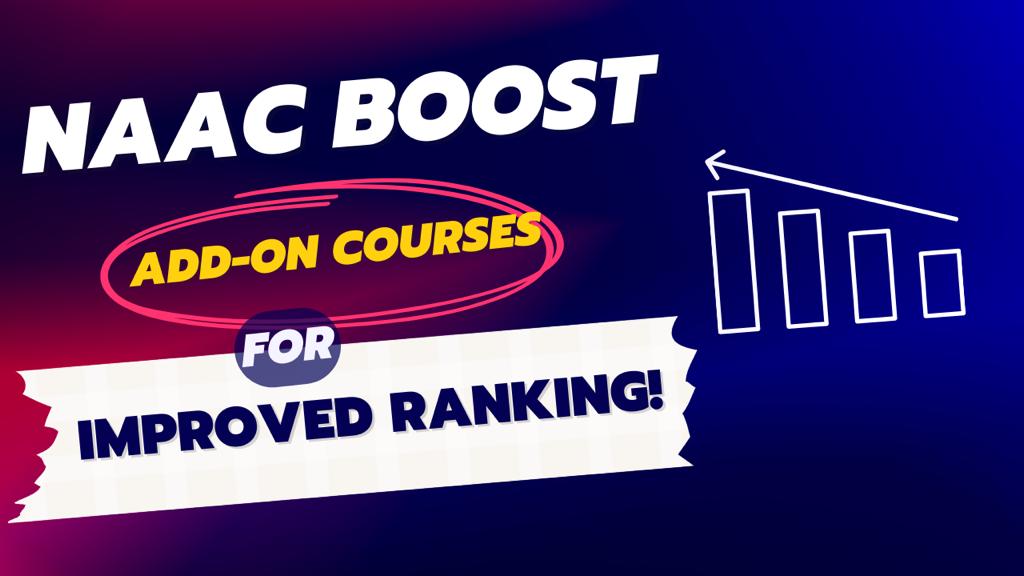
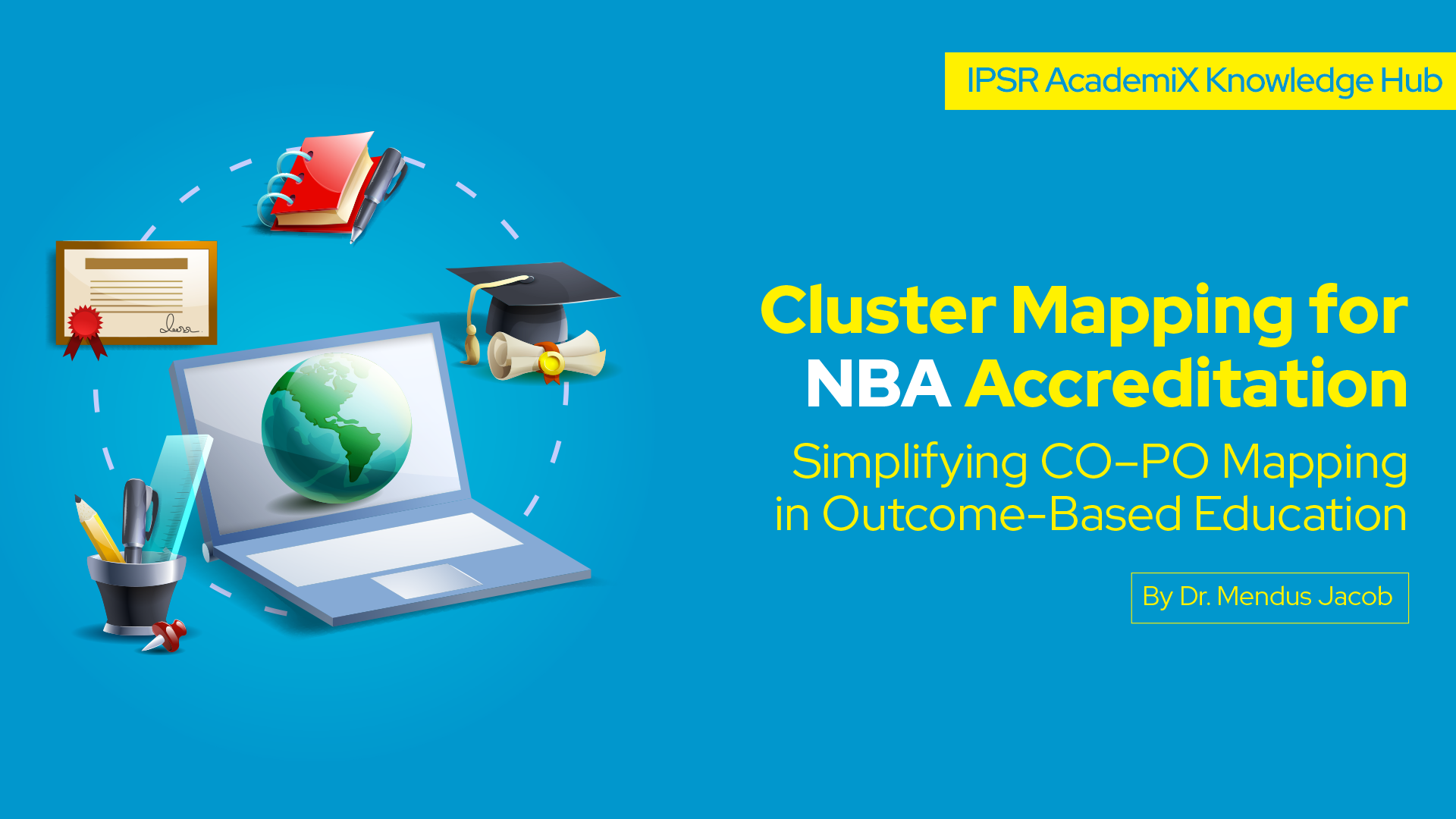
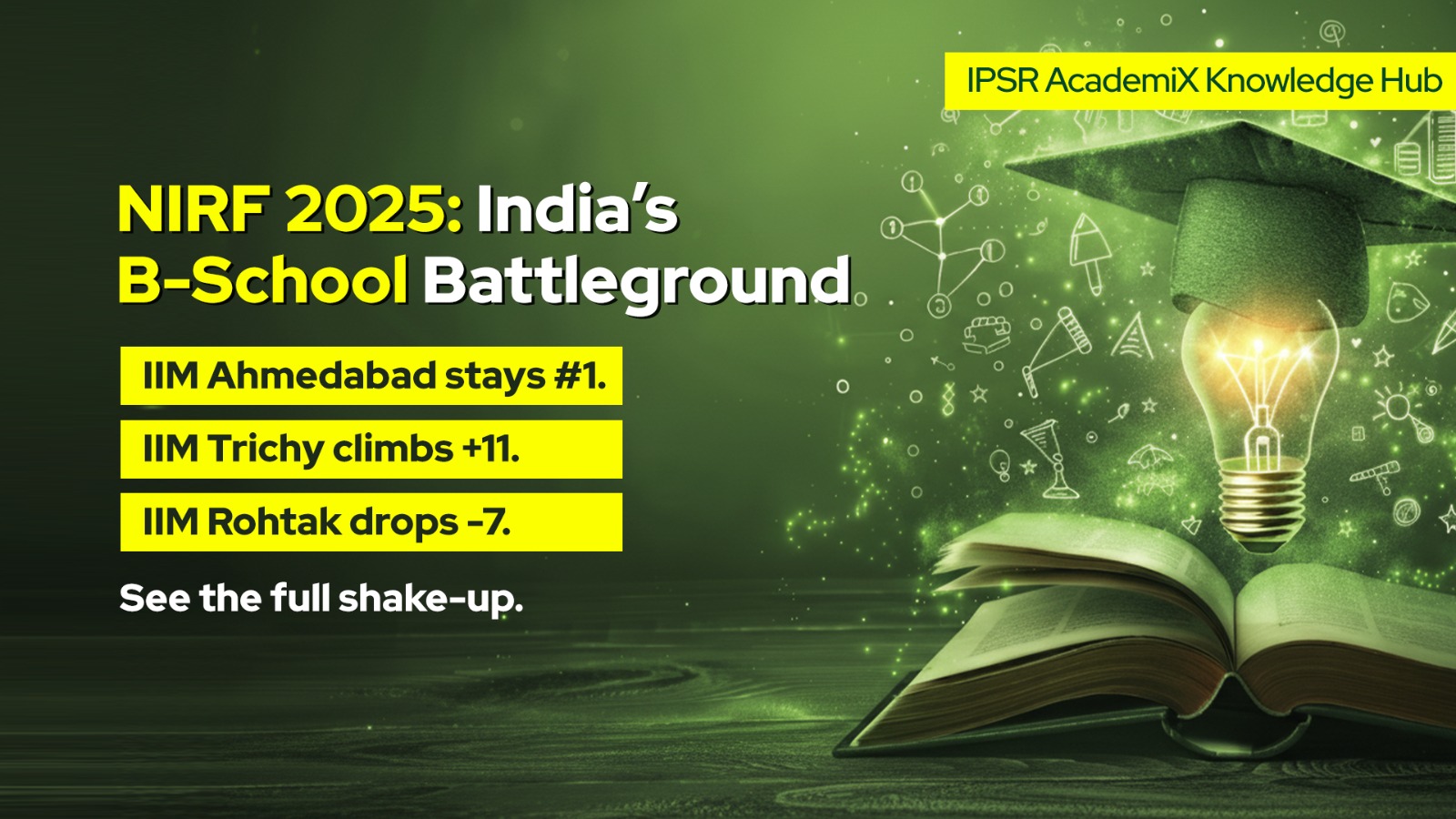
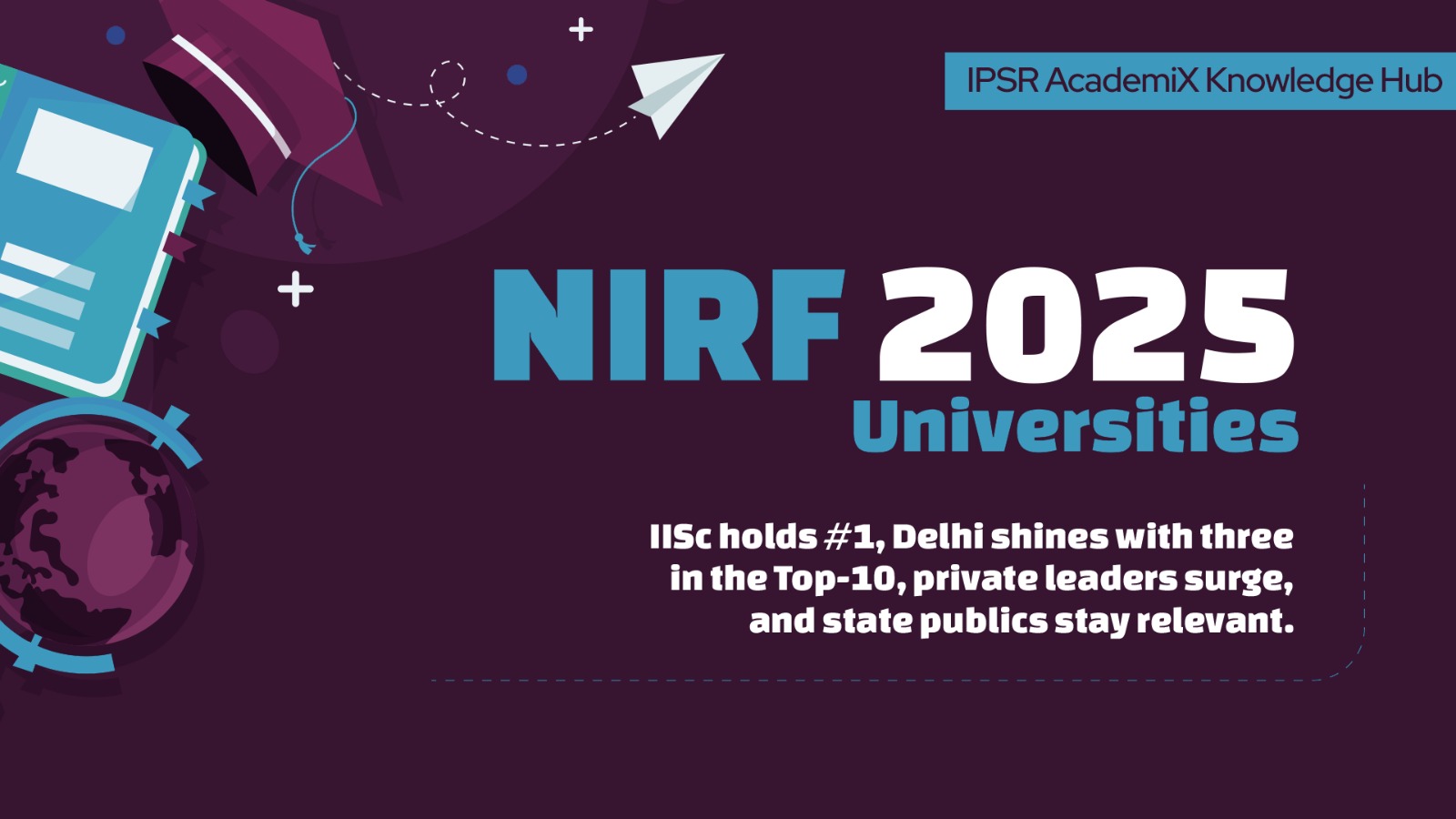
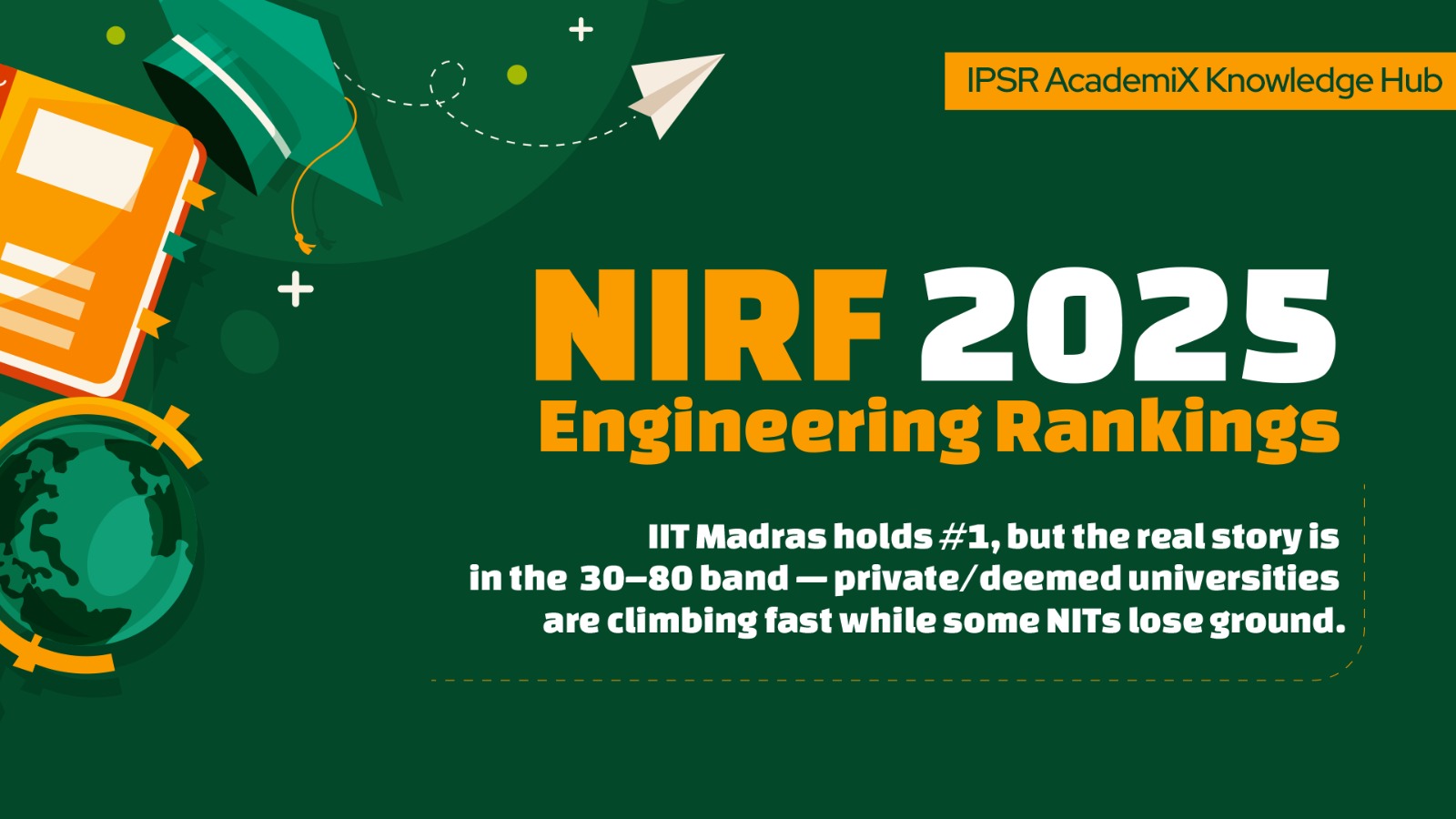
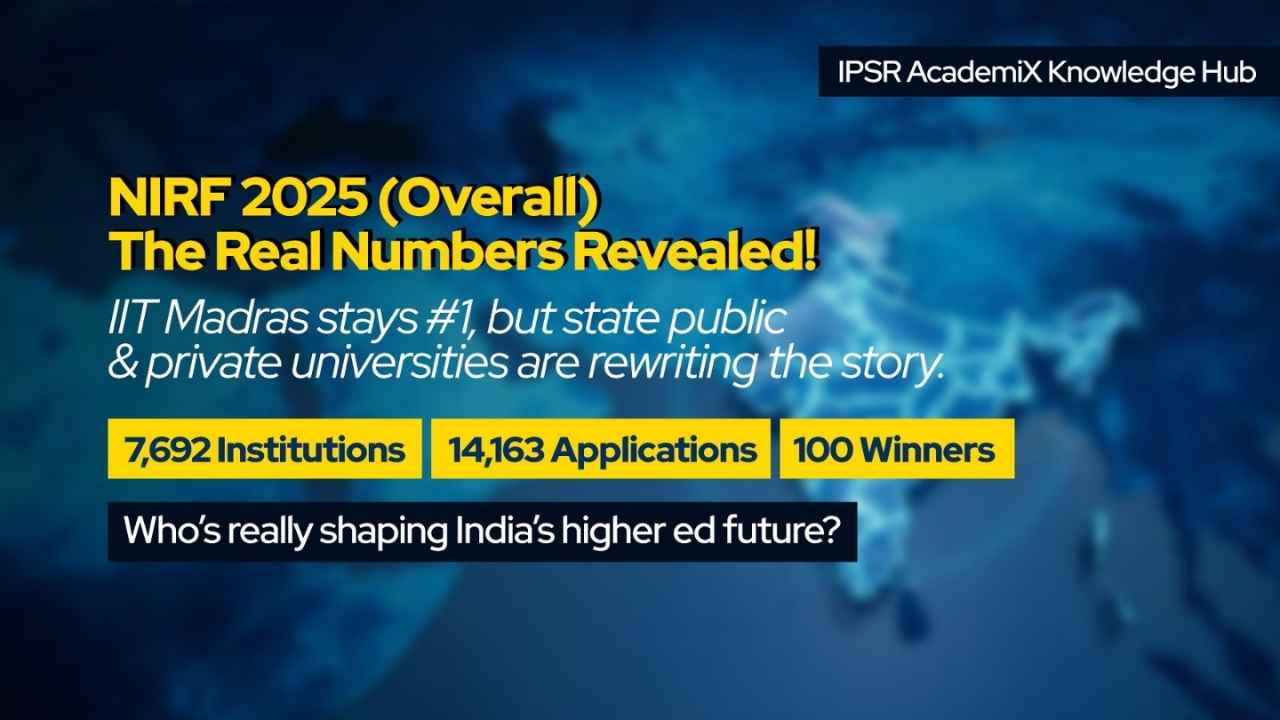
Nicely explained ?